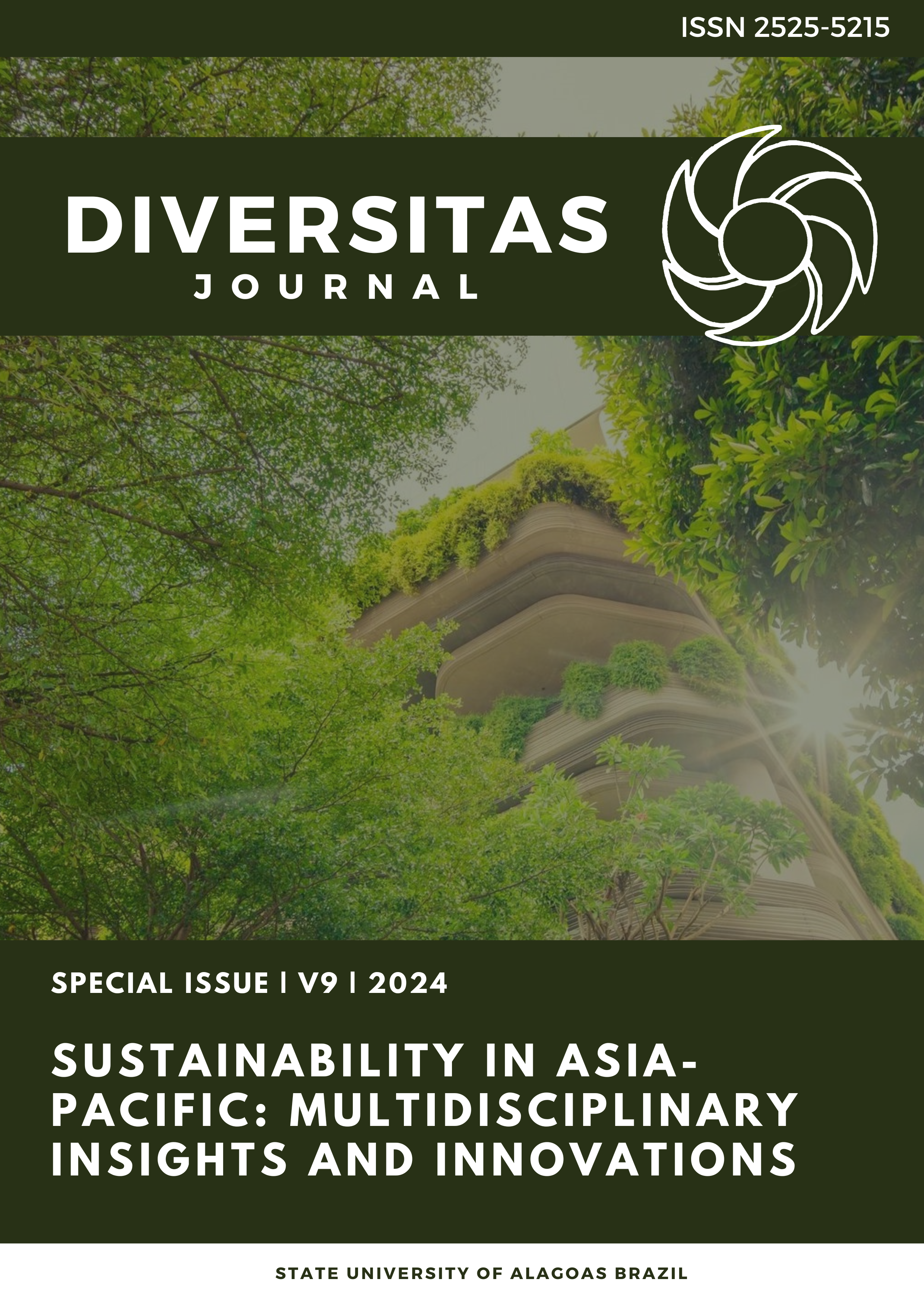Reading motivations, strategies, and interventions of teachers in bridging learning gaps
DOI:
https://doi.org/10.48017/dj.v9i1_Special.2967Keywords:
Motivations in Reading, Strategies in Teaching Reading, InterventionsAbstract
The changes in the education landscape due to the pandemic allowed an agency for an understanding of a situation in elementary schools located in an urban poor area in the Philippines to strengthen literacy particularly in reading. While most studies on reading especially in the Philippines investigated on reading performance and ways to increase reading fluency of learners, it is important to investigate as well teachers’ motivations, strategies, and interventions. This qualitative study described teachers’ motivation, strategies and interventions to bridge learning gaps in reading. These teachers are from selected elementary schools located in the Division of San Juan City, Philippines Based on the results, teachers are motivated because they want to teach the content better and that their concern for students motivates them. Moreover, the use of various reading strategies like free reading choice, phonological activities and empathy to level with students are strengthened by interventions that are teacher, student, and community oriented.
Metrics
References
Aarnoutse, C. & Schellings, G. (2003). Learning reading strategies by triggering reading
motivation. Educational Studies, 29:4, 387-409, DOI: 10.1080/0305569032000159688
Brandt, L. Sharp, A.C., Gardner, D.S. (2021). Examination of teacher practices on student
motivation for reading. International Literacy Association, 74:6, 723-731, DOI: 10.1002/trtr.1999
Braun, V., Clarke, V. (2006) Using thematic analysis in psychology. Qualitative Research in
Psychology, 3:2, 77-101
Cano, E.V., Cabrera. A., Gomez, C.H. & Meneses, E. L. (2020). Socio-family context and it’s
influence on students’ PISA reading performance scores: evidence from three countries in three continents. Educational Sciences: Theory and Practice. Vol. 20. No. 2. https://doi.org/10.12738/jestp.2020.2.004
Carr, M. & Borkowski, J.G. (1989) Attributional training and the generalization of reading
strategies with underachieving students, Learning and Individual Differences, 1, pp. 327–341.
De Guzman, C. (2021). The Philippines still hasn’t reopened its schools because of COVID-
What is this doing to children? Time. https://time.com/6124045/school-closures-covid-education-philippines/?amp=true
Dela Peña, K. (2023). https://asianews.network/philippines-rank-2nd-to-worst-in-grade-5-
students-reading-math-skills-in-south-east-asia/#:~:text=Philippines%20rank%202nd%20to%20worst,Asia%20News%20NetworkAsia%20News%20Network
De Vera, B.O. (2022). Lockdown’s impact: UNICEF cites poor reading skills among PH kids.
Gutierrez, J., Bilefsky, D. (2021). With schools closed, COVID-19 deepens a Philippine
education crisis. New York Times. https://www.nytimes.com/2021/09/13/world/asia/philippines-students-remote-covid.amp.html
Kayunou, I. & Firat, T. (2020). Investigating reading literacy in PISA 2018 assessment.
International Electronic Journal of Elementary Education.Vol 13 (2), pp. 263-275.
Mwesiga, A. & Okendo, E.G. (2018). Levels of Teachers Commitment to the Teaching
Profession in Secondary Schools in Kagera Region, Tanzania. Research on Humanities and Social Sciences, Vol. 8, No. 14.
OECD (2018). Programme for International Student Assessment (PISA) Results from PISA
https://www.oecd.org/pisa/publications/PISA2018_CN_PHL.pdf
Risinger, A. (2013). Teacher reading motivation practices. Theses. 116.
https://digital.library.ncat.edu/theses/116
San Juan, R. (2019). Philippines lowest in reading comprehension among 79 countries.
Schiefele, U. (1991). Interest, learning, and motivation. Educational Psychologist, 26(3-4),
–323. https://doi.org/10.1207/s15326985ep2603&4_5
Shea, M. & Ceprano, M. (2017). Reading with understanding : A global expectation. Journal
of Inquiry & Action in Education. Vol. 9 (1), pp. 48-68.
UNICEF (2021). Filipino children continue missing education opportunities in another
school year of school closure. Retrieved from https://www.unicef.org/philippines/press-releases/filipino-children-continue-missing-education-opportunities-another-year-school
Van Kraayenoord, C.E. & Schneider, W.E. (1999). Reading achievement, metacognition,
reading self-concept and interest: a study of German students in Grades 3 and 4, European Journal of Psychology of Education, 14(3), pp. 305–324.
Wanzek, J., Petscher, Y., Al Otaiba, S., Rivas, B. K., Jones, F. G., Kent, S. C., Schatschneider,
C., & Mehta, P. (2017). Effects of a year long supplemental reading intervention for students with reading difficulties in fourth grade. Journal of Educational Psychology, 109, pp. 1103-1119
Wigfield, A. (1997). Reading motivation: A domain-specific approach to motivation.
Educational Psychologist, 32 (2), 59-68
Downloads
Published
How to Cite
Issue
Section
License
Copyright (c) 2024 Ma. Junithesmer Rosales

This work is licensed under a Creative Commons Attribution 4.0 International License.
The Diversitas Journal expresses that the articles are the sole responsibility of the Authors, who are familiar with Brazilian and international legislation.
Articles are peer-reviewed and care should be taken to warn of the possible incidence of plagiarism. However, plagiarism is an indisputable action by the authors.
The violation of copyright is a crime, provided for in article 184 of the Brazilian Penal Code: “Art. 184 Violating copyright and related rights: Penalty - detention, from 3 (three) months to 1 (one) year, or fine. § 1 If the violation consists of total or partial reproduction, for the purpose of direct or indirect profit, by any means or process, of intellectual work, interpretation, performance or phonogram, without the express authorization of the author, the performer, the producer , as the case may be, or whoever represents them: Penalty - imprisonment, from 2 (two) to 4 (four) years, and a fine. ”


















